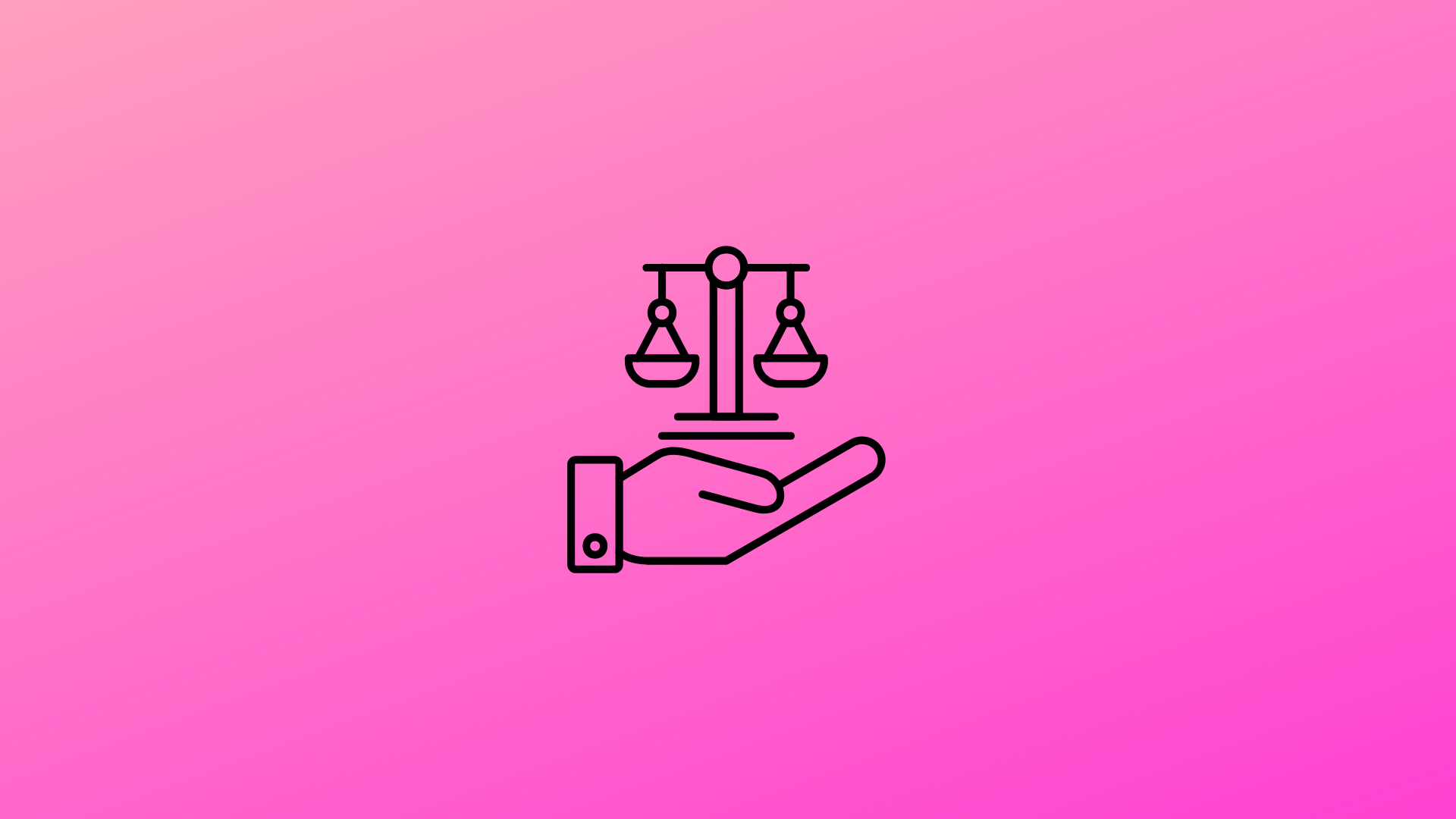In the intricate fabric of professional life, where roles, responsibilities, and objectives intertwine, there exists a fundamental principle that guides both individual actions and organizational success. This principle embodies the moral order that sustains harmony and purpose within the workplace, emphasizing the importance of fulfilling one’s duties with integrity and dedication. Understanding and embracing this principle can transform the workplace into a bastion of ethical behavior, mutual respect, and sustained achievement.
The Foundation of Duty and Integrity
Imagine a meticulously crafted clock, where each gear and spring operates in perfect synchronization to keep time accurately. Each component, no matter how small, plays a crucial role in ensuring the clock functions seamlessly. Similarly, in an organization, every employee has specific duties and responsibilities that contribute to the overall success and harmony of the team. Upholding these duties with integrity ensures that the organization operates smoothly and efficiently, much like the precise workings of a well-maintained clock.
Simile: Consider the steady flow of a river, where each drop of water contributes to its strength and direction. In the workplace, each individual’s commitment to their role and ethical standards fortifies the organization, guiding it towards its goals with unwavering purpose.
Aligning Personal Duties with Organizational Goals
Understanding one’s duty within the workplace involves recognizing how individual roles align with the broader objectives of the organization. This alignment fosters a sense of purpose and fulfillment, as employees see their contributions as integral to the collective mission. When personal responsibilities resonate with organizational goals, it creates a cohesive and motivated workforce dedicated to achieving shared success.
Story: Imagine a master builder overseeing the construction of a grand cathedral. Each mason, carpenter, and artisan understands their specific role in bringing the vision to life. Their collective effort, guided by a shared purpose, results in a magnificent structure that stands as a testament to their dedication and teamwork. In the same way, when employees understand and embrace their duties, the organization flourishes, building a legacy of excellence and integrity.
Fostering a Culture of Accountability and Respect
A workplace that upholds the moral order emphasizes accountability and respect. Each individual takes responsibility for their actions, ensuring that their behavior aligns with ethical standards and organizational values. This culture of accountability not only enhances trust among colleagues but also fosters an environment where respect and collaboration thrive.
Simile: Think of a garden where each plant is nurtured with care and attention. When every gardener tends to their section diligently, the entire garden blossoms with vibrant life and beauty. Similarly, in a workplace where each employee upholds their duties with accountability, the organization flourishes with innovation, trust, and mutual respect.
Balancing Individual Aspirations with Collective Needs
Balancing personal ambitions with the needs of the organization is a delicate act that requires wisdom and empathy. Encouraging employees to pursue their professional growth while aligning their goals with the company’s mission creates a harmonious balance that benefits both individuals and the organization. This balance ensures that personal achievements contribute to the collective progress, fostering a supportive and dynamic work environment.
Story: Consider a symphony orchestra, where each musician strives to perfect their instrument while harmonizing with the ensemble. The conductor ensures that individual brilliance contributes to the overall masterpiece. In the workplace, nurturing individual talents while aligning them with organizational goals creates a symphony of success, where each member plays a vital role in the collective achievement.
Sustaining Ethical Practices Amidst Challenges
In the face of challenges and pressures, maintaining ethical practices is paramount. Upholding the moral order during difficult times reinforces the organization’s commitment to integrity and long-term success. It ensures that the foundation of the workplace remains strong, even when navigating through adversity.
Simile: Imagine a lighthouse standing tall amidst a raging storm, its light unwavering and guiding ships safely to shore. Similarly, maintaining ethical standards during turbulent times serves as a beacon of integrity, guiding the organization through challenges with resilience and honor.
Conclusion: The Power of Upholding Duty and Integrity
Upholding the moral order within the workplace is not merely about adhering to rules and regulations; it is about embodying a commitment to duty, integrity, and collective well-being. By aligning personal responsibilities with organizational goals, fostering a culture of accountability and respect, balancing individual aspirations with collective needs, and sustaining ethical practices amidst challenges, organizations can cultivate an environment of harmony and sustained success.
Embracing this fundamental principle transforms the workplace into a thriving ecosystem where every individual’s contributions are valued and aligned with the greater good. In such an environment, the organization not only achieves its goals but also fosters personal fulfillment and professional growth for its members.
Take the Next Step
Begin by reflecting on your own role and responsibilities within the organization. Identify how your duties align with the broader goals of the company and seek ways to enhance your contributions with integrity and dedication. Encourage open dialogue with colleagues and leadership to reinforce a culture of accountability and mutual respect. Together, these efforts will cultivate a workplace environment grounded in duty, integrity, and collective success.





